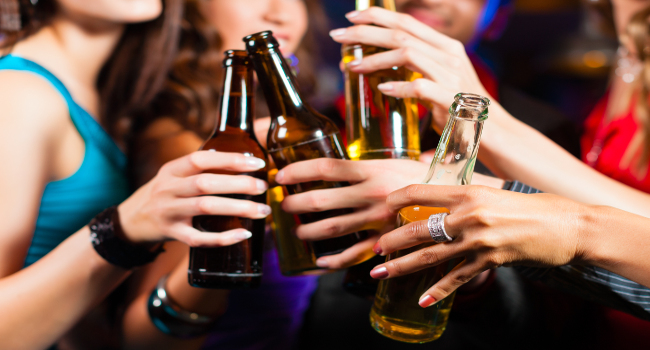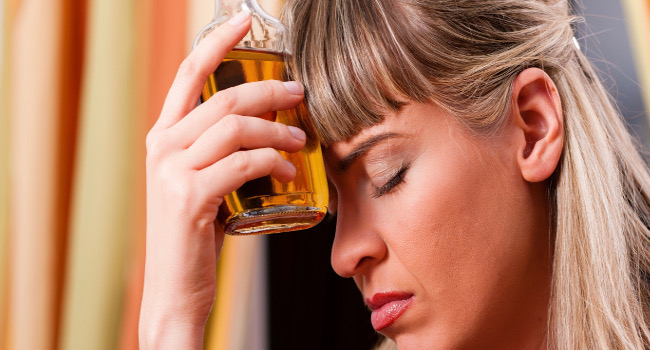It is absolutely vital that as a parent you educate your children about the dangers of alcohol. Many parents assume their offspring would never dream of drinking alcohol while out with friends. Sadly, this is not the case.
Peer pressure:
Because alcohol is legal children very often grow up witnessing adults drinking alcohol as part of everyday life.
They are inquisitive and notice far more going on around them than they are often given credit for. While it is extremely unlikely they would openly try alcohol in front of their parents this is not the case with their friends.
Growing up is full of challenges and peer pressure from others in their chosen group of friends can be very strong.
If one of the group manages to acquire alcohol and invites others to join them in having a drink a child is often torn between not wanting to, but also not wanting to be the odd one out by refusing.
Discuss and keep discussing:
Parents know full well the damage alcohol can do to a person. This makes it their duty to educate children in an informative, non-confrontational manner.
These talks should be classed as a ‘moving target’ in terms of regular, sensible discussions on the subject.
Here are 5 reasons that need explaining in terms of the damage alcohol can do.
- Poor decision making: Alcohol negatively affects a person’s ability to make correct decisions. Children have far less experience in terms of decision making so alcohol is particularly dangerous for them in this respect.
- Getting into risky situations: Drinking gives many people a ‘devil may care’ attitude. This in turn leads to doing things they would not normally consider. If a child is under the influence of alcohol they are far more at risk of becoming involved in silly pranks that can turn sour, trouble in terms of fighting, or being far less resistive in terms of sexual experimentation.
- Emotions: Going through puberty is tough, hormones are playing havoc and tempers often flare for little reason. Drinking alcohol will only add to the turmoil. If a teenager is feeling depressed then alcohol will make matters worse.
- Nausea and vomiting: It is in everyone’s nature to try something new, but with age also comes caution. This is not always the case for the younger generation. If they are given a neat shot, or a drink laced with alcohol the chances are nauseous feelings will immediately be theirs with vomiting not far behind.
- Hangovers: Any adult who has suffered from a particularly bad hangover should be able to relay exactly why drinking to excess is a most unwise thing to do.
Increase the chances to say “NO”:
Discussions and education on alcohol with your children do not have to be a battle. Informative advice as to why they should say “No” to alcohol regardless of when and where they are offered it should be explained with patience and concern.
This continued teaching should be effective and help to reduce the chances of them accepting alcohol far before they are legally ready to do so.














